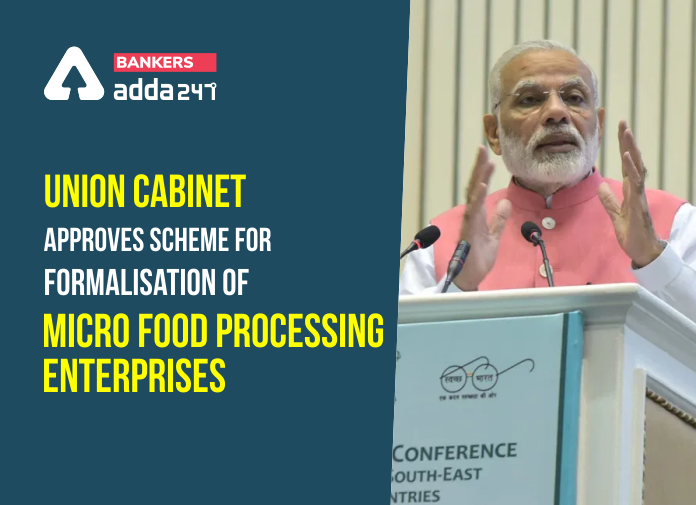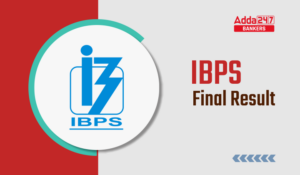Table of Contents
“Scheme for formalisation of Micro Food Processing Enterprises” has been approved by the Union Cabinet. “Scheme for formalisation of Micro Food Processing Enterprises” is a new Centrally Sponsored Scheme that was announced recently by the Union Finance Minister Nirmala Sitharaman as a part of 3rd tranche of Economic Relief Package for “Aatmanirbhar Bharat Abhiyan”. It has been announced for the Unorganized Sector on All India basis with an outlay of Rs. 10,000 crore, the expenditure of which will be borne by the Government Of India and the States in ratio of 60:40.
Also Check,
Objective of “Scheme for formalisation of Micro Food Processing Enterprises”:
“Scheme for formalisation of Micro Food Processing Enterprises” is a Centrally Sponsored Scheme which has been announced to benefit 2,00,000 micro-enterprises, Farmer producer organisations, Self Help Groups as well as the cooperatives. It has the following objectives:
- To increase the accessibility of finance to the micro food processing units.
- To increase in revenues of target enterprises.
- To enhance compliance with food quality and safety standards.
- To strengthen capacities of support systems.
- To convert the unorganized sector to the formal sector.
- To encourage Waste to Wealth activities.
Implementation of “Scheme for formalisation of Micro Food Processing Enterprises”:
The scheme will be implemented for over a 5 year period from 2020-21 to 2024-25 on All India basis, providing credit linked subsidy to 2,00,000 units. At the central level, monitioring of the scheme would be done by an Inter-Ministerial Empowered Committee (IMEC) under the Chairmanship of Minister, FPI. And, at the state or Union Territory level, the Chief Secretary will chair the State/ UT Level Committee (SLC) to monitor the implementation of the scheme. Also, for the implementation of scheme, a Nodal Department and Agency would be notified by the State/ UT Government. To enable the applicants/ individual enterprise to participate in the scheme, a National level portal would be set-up. This portal would also be responsible for undertaking all the scheme related activities. Government of India will approve the Annual Action Plans prepared by the States/ UTs for implementation of the scheme.
Also Check
- Impact of Energy Efficiency Measures For Year 2018-19
- WHO Releases “State Of The World’s Nursing Report 2020”
Features of the scheme:
The scheme will provide Seed capital to Self Help Groups for loan to members for working capital and small tools. It will also provide grant for backward/ forward linkages, common infrastructure, packaging, marketing & branding along with skill training & Handholding support. Under the scheme, Micro enterprises will be offered credit linked subsidy @ 35% of the eligible project cost with ceiling of Rs 10 lakh.
Conclusion:
The scheme is expected to benefit nearly eight lakh micro-enterprises by offering them access to information, better exposure and formalization, hence enabling them to grow and become competitive. The scheme will also generate around nine lakh skilled and semi-skilled jobs by providing access of credit to existing micro food processing entrepreneurs, women entrepreneurs as well as entrepreneurs in the Aspirational Districts.
Also Check,



 IBPS Final Result 2025 Coming Out Tomorr...
IBPS Final Result 2025 Coming Out Tomorr...
 Simple Tips to Avoid Common Mistakes In ...
Simple Tips to Avoid Common Mistakes In ...
 Important Topics & Shortcuts for IDB...
Important Topics & Shortcuts for IDB...





